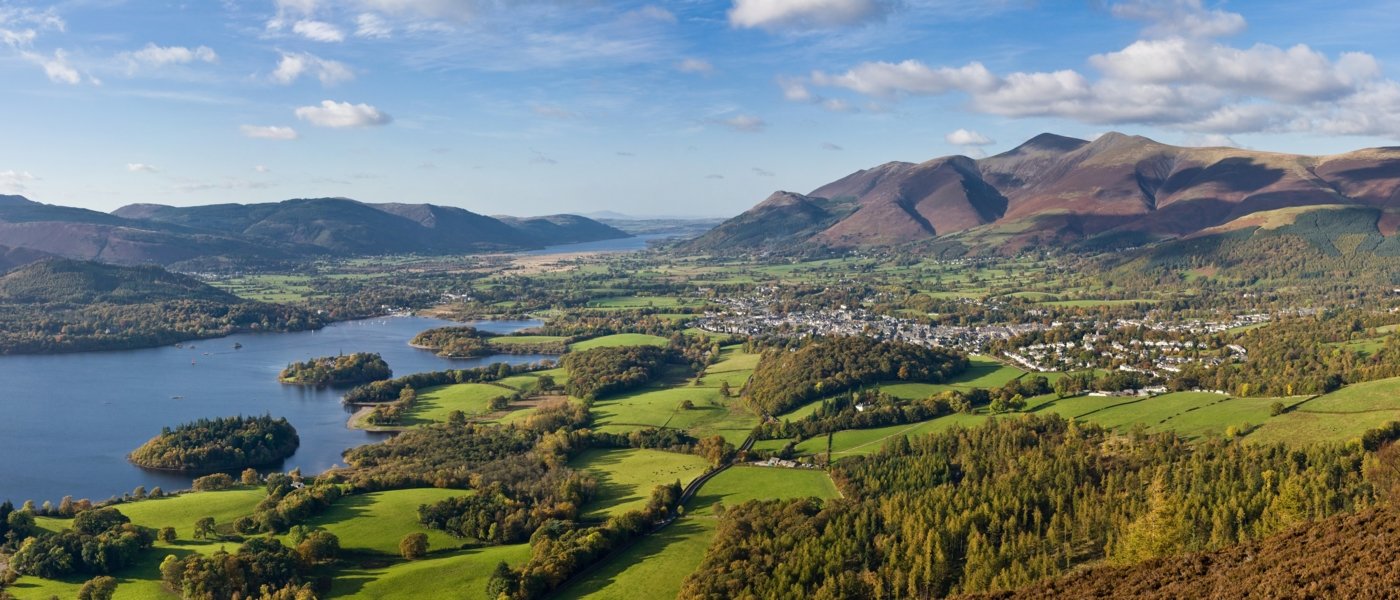Gin is very much a British drink, one that was inspired by the Dutch but refined by the English. With gin distilleries dating all the way to the 1700s here, this juniper flavoured spirit has been a part of UK culture for centuries. The popular drink of G&T has remained a bar and pub staple since it was first created, but today the distillery industry is more significant than ever.
British gin is experiencing a renaissance, fueled by passionate craft distillers and new age drinkers. Taking classic recipes and reinventing them with rare botanicals, unique flavours and quality ingredients. While gin undergoes an important revival, UK distilleries are gaining popularity with discerning travellers from all over the world. Wine connoisseurs who enjoy learning the nuances of different wine varietals are now focusing their nose on spirits like gin. And ardent gin enthusiasts are taking an educated approach to their drink discovery.
Join us on a gin tasting journey in London and enjoy exclusive tours inside a real, working gin distillery. Our holidays will take you to the most spectacular locations, with a chance to be inspired by the Master Blenders behind the brands, and opportunities to taste different types of gin to discover your favourite.
Overview of the British distilleries
There are a number of historic distilleries to visit in the UK, and there will be some names that you instantly recognize. Beefeater Gin, Hendrick's Gin, Gordon’s, Bombay Sapphire, Hayman’s Gin, Plymouth Gin and Tanqueray are just a few of the brands that hail from here.
The process of distillation differs depending on the type of gin being made. Classic London Dry Gin adds its flavours during the distilling stages, while some other gins will infuse herbs and botanicals after. Plymouth Gin is another category of gin, which can only be distilled in Plymouth, and only has one official brand. This style of gin is less dry and exhibits an earthier taste due to being distilled with a higher proportion of root ingredients.
While London is famous for its gin production, there are distilleries located across the country. There’s a large concentration of them in the south and all along the coastline, as well as a big concentration of gin distilleries in Scotland (now one of the main producers of London Dry Gin varieties).
The history of the British distilleries
Like a lot of British staples, gin did not originally come from British shores but was brought across the English Channel after soldiers who fought on Dutch soil during the Thirty Years’ War tried juniper alcohol for the first time. This alcohol was called ‘Genever’ and was the basis of what British gin was developed from.
In the 18th Century, distilleries were prominent across London, and soon an entirely new class of gins were born. These are known as the classification of London Dry Gin. For a gin to be in this category, the base spirit must be distilled to a completely neutral spirit of 96% ABV. The gin must also have its flavours added through distillation in presence of natural plant materials and can have nothing added after distillation.
This purity standard was in place to ensure clean, high-proof spirits. During the 18th and 19th centuries, gins were being distilled from mixed grains with varying degrees of quality. This meant that grain spirits were often rough, or had to be sweetened in order to make them palatable. But the invention of London Dry and a new continuous method of distilling meant that the spirit could be enjoyed in a much purer form without adding anything more.
Gin distilleries were popping up all over the country, with many in London and the south. The oldest distillery in the UK is Plymouth Gin Distillery. While the history of the actual distillery dates back to the 1400s, gin was made from 1793. This is the oldest working distillery in the country, and it is still open today, with tours available through the week.
Another historic distillery in England is Bombay Sapphire, a brand that uses a recipe that dates back to 1761. Thomas Dakin purchases a site for his distillery in Warrington, and in doing so he established one of the first major distilleries outside of the capital. Inside the capital, Beefeater is one of the most iconic names that is instantly recognized by gin drinkers, and Gordon’s is one of the first London-based gins to ever be produced.
Throughout history, gin has been linked with the Royal Family in one way or another, with the Bombay bottle baring a picture of Queen Victoria on the label, and today’s Queen Elizabeth II enjoying a glass of gin and Dubonnet every day before lunch.
What happens on a distillery visit
During a distillery visit, you will get to learn all about the brand behind the gin, the history of where it all began, the stories of how the makers developed their recipes, and how the gin is manufactured today. Although the main flavour in gin is the distinct juniper berry, there are lots of different flavours in a bottle of gin. A visit to a distillery is an opportunity to learn more about the botanicals used that create these unique flavours, as well as a guided tour to see exactly how the distillation process is done.
Enjoy getting up close to the copper stills, meet the brand ambassadors or Master Blenders, and get a crash course on how to properly taste your gin.
The best distilleries to visit
At Wine Paths, we take our clients to some of the most cultured located in the UK to experience a range of gins. One of our distillery locations is the Bombay Sapphire Distillery located in rural Hampshire, near Basingstoke and Winchester, and just over an hour from London.
Set inside the spectacular Laverstoke Mill, the distillery is an architectural gem fusing old and new in its unique, adapted design. The standard Discovery Experience is self-guided and lasts between 1.5 and 2 hours, while the Hosted Experience includes and expert guide throughout. Both tours will include a complimentary drink.








